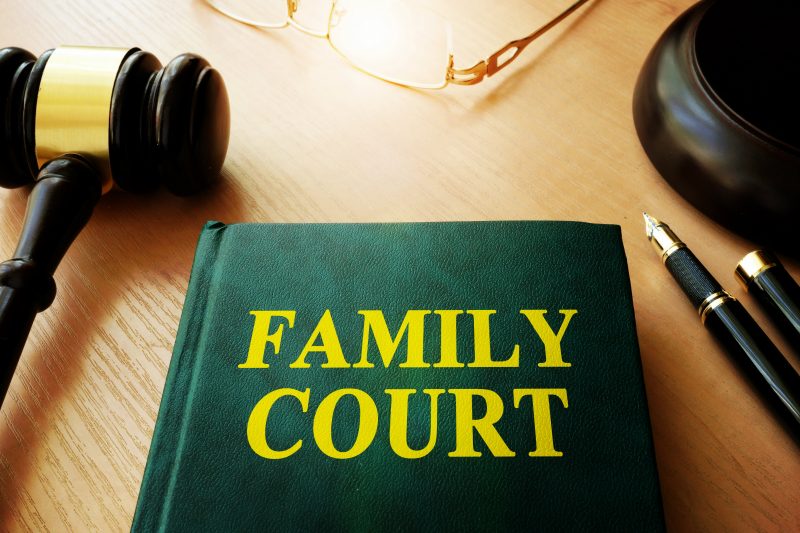
This is the next post in a series of articles addressing the rights of unmarried parents in Dayton, Ohio and surrounding areas. Our previous post discussed the process used by Ohio courts to determine child custody and support. Courts will base custody decisions on what is in the best interest of the child. Support is typically based on a formulaic approach, which as previously discussed, can become complicated. It is important to consult with a Dayton custody attorney early in the process to protect your rights. In this article, we will explain what unmarried parents may expect during a trial for child custody and support. If you need assistance in a child custody matter, contact our office today to speak with a lawyer.
Family law trials in Ohio are bench trials. This means that unlike other types of trials, the final decisions regarding custody and support will be made by a judge instead of a jury. Each party will make an opening statement at the beginning of the trial. Opening statements are introductions of each side’s case, not a time for arguing with the other party’s position. The plaintiff will then present evidence and witnesses. Next, the defendant will have the opportunity to present their own evidence and witnesses. Each side may cross-examine witnesses called by the other. The plaintiff may then “rebut” any claims made by the defendant. The parties will end the trial by making closing arguments, following which the judge will deliberate the information provided during the proceeding. The judge may ask the parties to wait and issue an order on the same day as the trial or may issue a written order later.
As previously discussed, the judge will review the specific facts of each situation to determine what type of custody arrangement is in the best interests of the child. Depending on the circumstances, information about the child’s physical and emotional needs, the mental health of both parents, school performance or history of abuse, etc., may be relevant to the judge’s analysis. Evidence obtained during the discovery process such as text messages, phone records, medical reports or witness testimony may be essential to demonstrate that the arrangement being sought will be in your child’s best interest. If a dispute exists related to child support, additional evidence such as pay stubs, bank statements or job history information may be submitted as well. It is imperative to provide as much supporting information as possible to the judge during the trial.
Obviously each case will vary depending on the specific facts of the family’s situation. In any case, it is important to retain an attorney who can navigate the court process and help protect your rights. If you need assistance, contact us to speak with a Dayton child custody lawyer. We also serve the areas of Beavercreek, Centerville, Clayton, Eaton, Englewood, Fairborn, Franklin, Harrison Township, Huber Heights, Kettering, Oakwood, Lebanon, Miami Township, Miamisburg, Piqua, Riverside, Springboro, Springfield, Tipp City, Trotwood, Troy, Vandalia, Waynesville, Washington Township, West Carrollton, Yellow Springs, and Xenia.

Leave a Reply